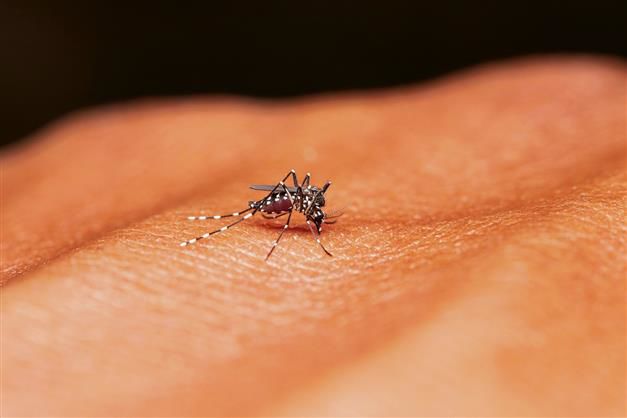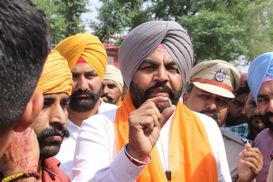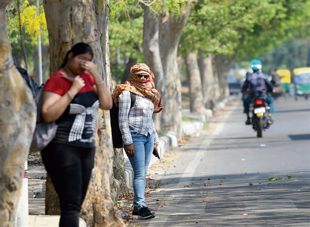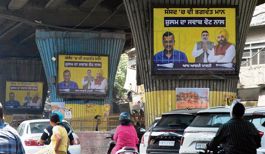
Malaria is one of the major public health problems in India, with an estimated 33.8 lakh cases and 5,511 deaths in 2022.
P Venkata Krishnan
Malaria is one of the major public health problems in India, with an estimated 33.8 lakh cases and 5,511 deaths in 2022. A potentially deadly condition, maximum cases are witnessed during the monsoon months of June to September, when collection of rainwater after heavy rains promotes mosquito breeding.
As climate change and rising temperature bring more areas under the spread of malaria, there is a dire need to control as well as prevent this disease.
Prevention involves a multi-faceted approach that includes vector control, personal protection measures, and community engagement.
Vector control: Use insecticide-treated bed nets (ITNs) to prevent mosquito bites while sleeping. Insecticide sprays indoor can check mosquito breeding and resting sites. Draining of stagnant water and good sanitation practices can reduce mosquito breeding grounds.
Personal protection measures: Wear clothes with long sleeves that should also cover legs, especially during peak mosquito activity times of dusk and dawn. Apply insect repellents containing DEET (N,N-diethyl-meta-toluamide) or picaridin on exposed skin. Additionally, use screens on windows and doors to prevent mosquito entry inside homes.
Use of chemoprophylaxis (chemical agents to prevent infectious diseases): For people travelling to malaria-endemic areas, taking prophylactic (preventive) medications prescribed by healthcare providers can help in checking infection. However, chemoprophylaxis are not usually recommended for people living in endemic areas because of the risk of drug resistance.
Community engagement: Educate communities about malaria transmission, symptoms and prevention strategies. Take steps to promote community participation in vector-control activities, like cleaning up mosquito breeding sites.
To prevent malaria and mitigate its effects, a multifaceted approach is needed to prevent complications and further transmission. By implementing these strategies, the spread and the impact of malaria, especially in regions that are vulnerable to outbreaks, can be checked.
What to do in case of infection
1 Visit a doctor: In suspected or diagnosed cases, seek immediate medical attention if you experience symptoms like fever, chills, headache, muscle aches, and fatigue. Early diagnosis and treatment reduce the risk of severe complications and transmission to others.
2 Diagnostic testing: Malaria diagnosis requires laboratory testing of blood samples for confirmation of parasite presence. Rapid diagnostic tests are used in resource-limited settings for quick and accurate diagnosis.
3 Treatment options: Treatment depends on severity of the infection, individual’s age and medical history and the species of malaria parasite. Anti-malarial medications like artemisinin-based combination therapies (ACTs) are generally used for uncomplicated cases. Severe cases may require hospitalisation and intravenous (IV) anti-malarial drugs like quinine or artesunate.
4 Follow-up care: Make sure that you complete the full course of anti-malarial medication prescribed, even if symptoms improve. Follow-up appointments may be needed to monitor treatment response and to check for any complications.
5 Preventing transmission: During the acute phase of illness, take precautions to prevent mosquito bites. This will avoid transmission of infected blood through the parasite bites to others. Sleep under insecticide-treated bed nets and use mosquito repellents until the parasite is cleared from your bloodstream.
— The writer is internal medicine specialist, Artemis Hospital, Gurugram
Join Whatsapp Channel of The Tribune for latest updates.



























